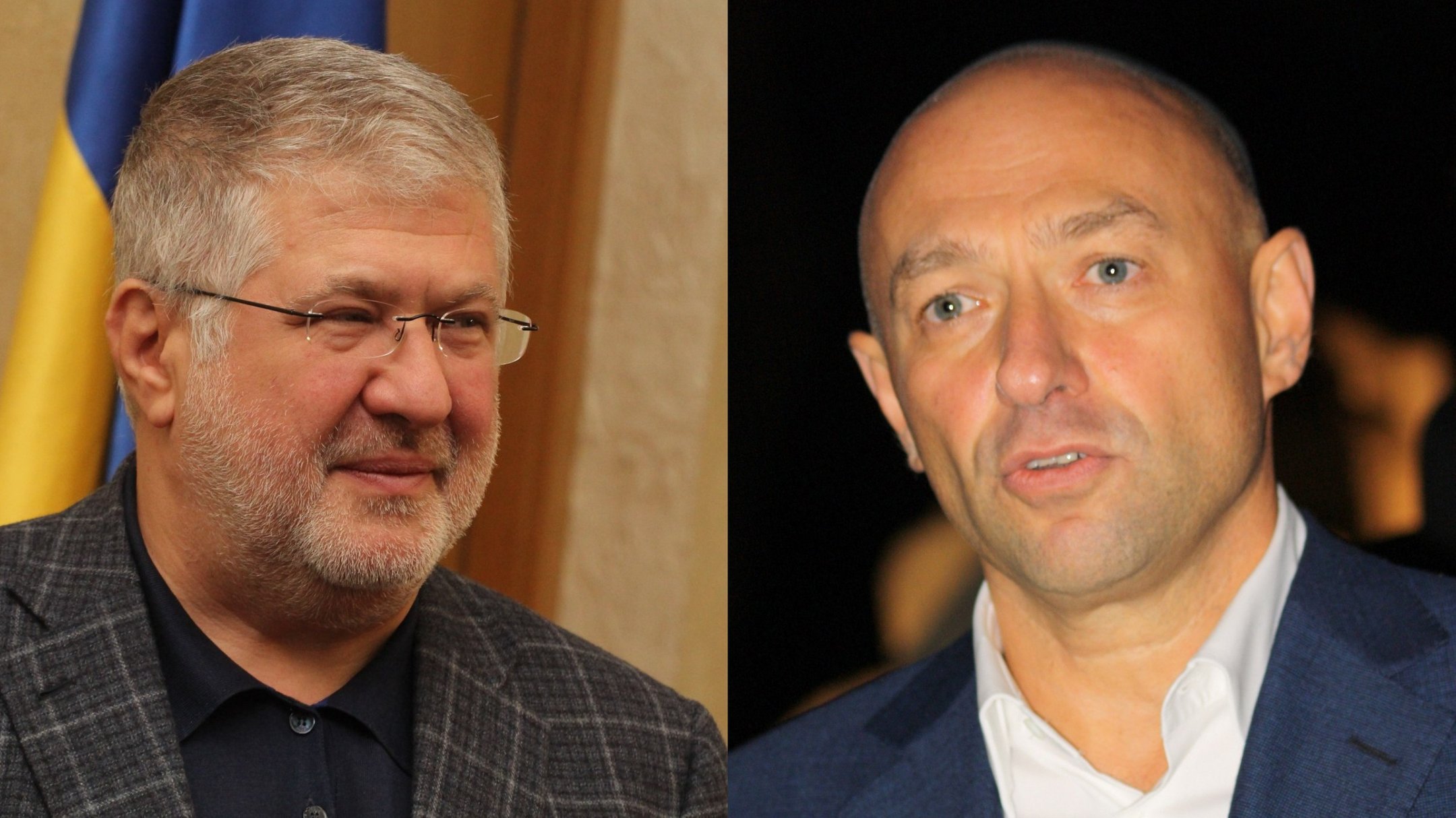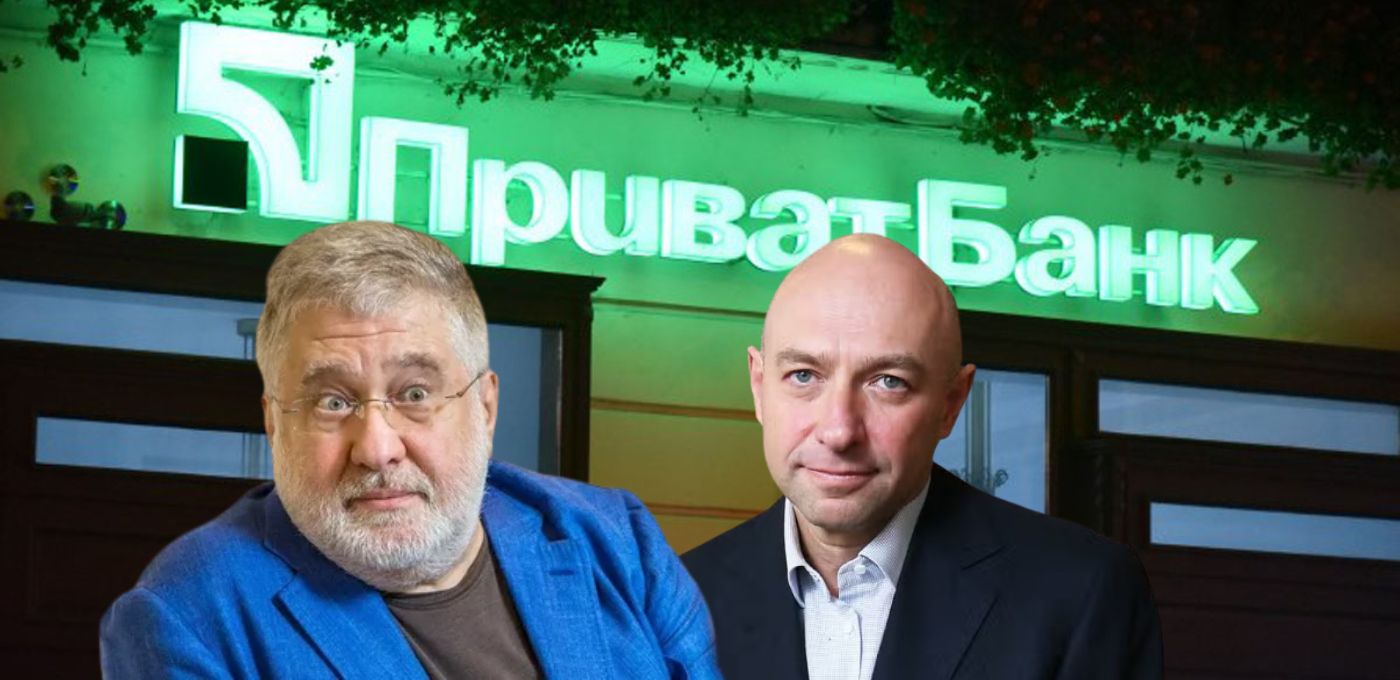Ukraine’s largest bank announced forced collection proceedings against former owners Ihor Kolomoisky and Hennadiy Boholiubov after both oligarchs failed to pay more than $3 billion by a 24 November deadline set by London’s High Court, the bank stated.
A worldwide freezing order on the oligarchs’ assets has been in place since December 2017—eight years during which neither man has paid a single dollar toward the judgment.
A British judge called it a “brazen fraud that nearly collapsed Ukraine’s entire banking system.” Ukraine imposed sanctions on both men in February 2025, blocking their Ukrainian assets.

London orders PrivatBank oligarchs to pay Ukraine $3bn for largest bank fraud in country’s history
Court rejects appeals
After the 11 November ruling ordering payment within 14 days, both oligarchs requested permission to appeal and suspension of enforcement. The court rejected both motions, Ukrainian outlet Minfin reported, meaning the judgment became immediately enforceable.
PrivatBank says it will now pursue asset recovery across multiple jurisdictions: “The bank has the experience and resources necessary to use all available legal mechanisms for forced execution—regardless of the complexity of the asset ownership structure.”
The case represents a test of whether Western courts can actually recover assets hidden by post-Soviet oligarchs through layered offshore structures.
One in Kyiv jail, one in Vienna
Kolomoisky has been in a Kyiv pretrial detention facility since September 2023, facing charges of fraud and money laundering. His co-conspirator, Boholiubov, fled Ukraine in June 2024, using what investigators call an invalid passport, and now resides in Vienna.
Austria has become a haven for Ukrainian officials and oligarchs evading justice.
During his June 2025 Vienna visit, President Volodymyr Zelenskyy directly raised the issue, calling for Austrian support on “the presence of former Ukrainian officials and oligarchs who are evading justice by hiding in Europe, including Austria.”
$5.5 billion fraud that shook Ukraine
Between 2010 and 2014, Kolomoisky and Boholiubov siphoned approximately $5.5 billion through a network of over 50 shell companies—roughly 1.5% of Ukraine’s entire 2014 GDP. The scheme funneled money through PrivatBank’s Cyprus branch to offshore entities controlled by the pair.
When Ukraine nationalized the bank in December 2016, the government injected $5.6 billion to prevent collapse—a bailout ultimately borne by Ukrainian taxpayers. PrivatBank pursued the case in London rather than Ukrainian courts, which British judges deemed compromised due to Kolomoisky’s influence.

